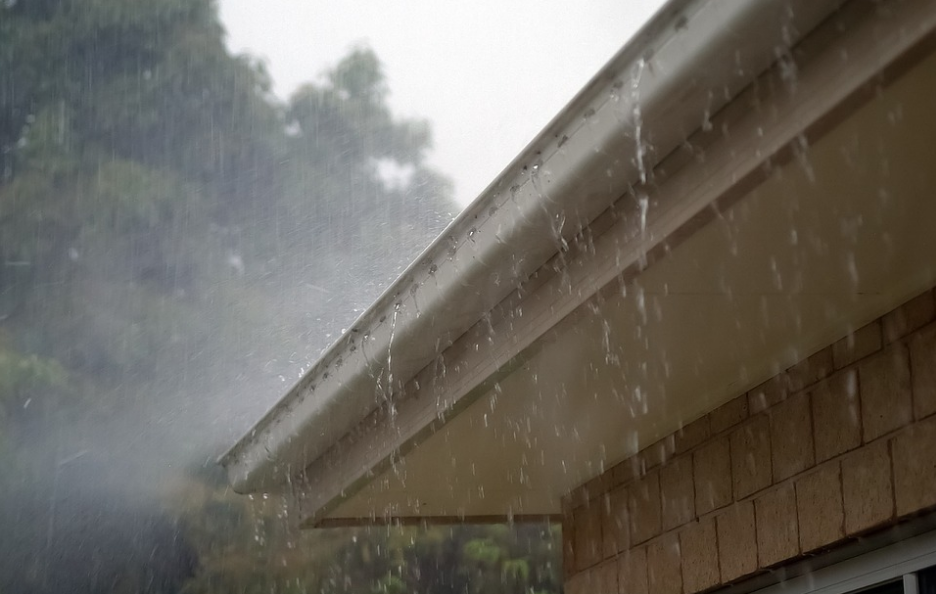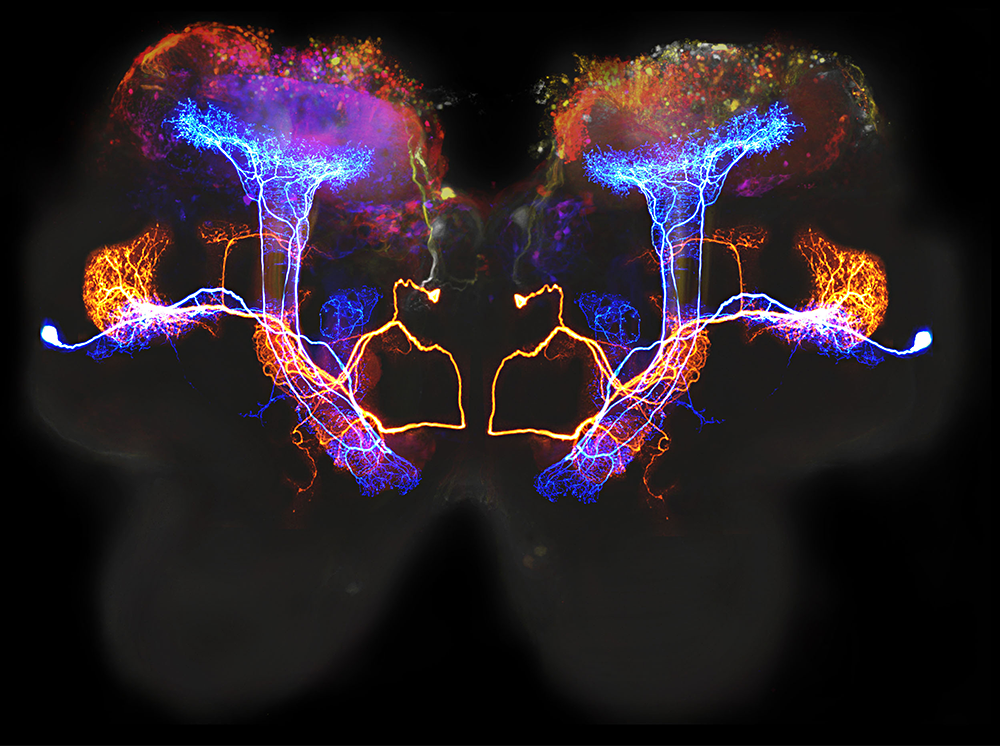
by Carol S. Hyman
Life as we know it would not exist without water. But this blessing can turn into a curse when it goes where we don’t want it to be. Just ask those people who’ve been flooded out of their towns in middle America this spring and summer. Or ask any unfortunate homeowner. Like me.
Because the house I’ve lived in for the last twenty years is too big for just one person, I listed it for sale. To spruce it up, I hired a friend to do some touch-up work: scraping, sanding, and repainting a few places where the trim was beginning to peel. When he got to one corner of the front porch, under the deck, the wood was soft and spongy.
Oh well, we’d just cut out the bad part, replace, caulk, and paint it. Easy, right? Wrong. The further we dug, the more we found to repair. Hidden rot. Drop by drop, over the years, water had been seeping in where it wasn’t supposed to be. Though the integrity of the wood had been compromised from the inside out, the surface continued to look pretty much okay.
This discovery prompted two familiar tendencies in me, arising almost simultaneously as the situation unfolded. One was a kind of dread, a big “Oh, no! How much is this going to cost?” The other was an urge to blame someone for the problem. My annoyance at having to deal with this unexpected mishap wanted a target. Noticing that tendency, I started contemplating anger.
Spanning a range from mild irritation to white-hot rage, anger generally rears its head when we don’t like something in the world around us. Whether it’s a whining person, a tragic situation, or the protracted consequences of a slow leak, something outside of us rubs up against something within us and causes sparks. And all too often, when habitual reactivity fans the spark, it erupts into conflict: the blame game.
Traffic is a great place to see this in action. Driving is a pretty apt symbol for how our seeming separateness – all of us speeding around in our own little bubbles, trying to get to our destinations – intersects with our undeniable interconnectedness – all of us having to share the same roads.
Imagine driving home from work. The commute is slow, the highway clogged. Drops of water hit your windshield and suddenly it’s pouring, with taillights flashing ahead as everyone hits the brakes. Except for the car speeding by on your right that cuts abruptly into your lane. Slamming on your brakes to avoid a collision, you find a few choice adjectives about the other driver coming out of your mouth and you don’t even try to stop them. After all, nobody else can hear.
On a good day you might say something like “You arrogant, entitled, so-and-so.” Okay, maybe nothing so tame or considered, but we do often ascribe malicious intent to the actions of others, even though distraction is more likely to blame. While some people deliberately drive recklessly, most close calls and fender benders result from unskillfully deployed attention. Of course the cause doesn’t matter much when lives are at risk. Still, traffic offers us regular opportunities to see how quickly fear turns into anger.
Now imagine you’re the other driver. Your hands are on the wheel and your eyes are on the road, but your mind is busy rehashing a conversation with your boss who co-opted your latest suggestion; you may end up being left out of a new initiative that was your idea to begin with. Trying to manage your anger, you’re rehearsing a strategy to reclaim the project when suddenly you realize that you’re in an exit only lane and it’s not your exit. Seeing that the car next to you has left a little gap, you speed up and swerve into the lane in front of them. You hear the blast of a horn and see, in your rearview mirror, the driver behind you scowling and saying something you’re glad you can’t hear.
Not just driving, but many aspects of society involve situations in which we’re competing against others: for a job, for a promotion, for a spot in line. It’s helpful to remember that we all feel bombarded and threatened by circumstances from time to time and even if someone seems threatening to us, that usually isn’t what they set out to do. So rather than responding in kind, indulging in habitual reactivity, you might want to interrupt the momentum and create the space to see clearly the complexities of what’s happening.
Such complexities exist because anger is usually a cover-up. Lashing out at others displaces more uncomfortable emotions like fear, jealousy, or uncertainty. All those are on display in the news and on social media, and as we head toward another presidential election, anger is ramping up to take another run at capturing the mind of the body politic. Good people across the political spectrum can get caught by the tendency to demonize others, whom they see as being motivated by cold, calculated self-interest or, alternatively, by hot passionate self-righteousness.
Applying mindfulness, we can detect these patterns. Because there are problems that require our attention. And when we direct attention mindfully, we can notice the tendency to blame and not get swept away by anger. Then, instead of preaching to the choir, we could step into the no man’s land of open-mindedness and try to understand all the factors that contribute to the situation in which we find ourselves. In this way, rather than fanning flames, we might move the cultural temperature slightly toward the middle. Might we possibly more skillfully deal with issues if we approached them with warm calculation and cool passion?
Just as elements in the physical world follow natural laws, so do elements of our inner lives. When water permeates wood over time, the wood rots. When anger permeates minds over time, society breaks down. Anger is an element of our energetic environment just as surely as water is of our physical one. If we use anger as a reminder to look inward instead of immediately projecting it out, we can catalyze the insight to see more clearly how to redress those situations that truly do merit righteous anger.
Homeowners are wise to keep an eye out for the first sign of water where we don’t want it. And all of us are wise to be on the lookout for the kind of hidden rot that thrives in the darkness of fixed minds and habitual patterns. Remember, in life as on the road, everybody just wants to get home safe and dry.





3 thoughts on “Boycotting the Blame Game”
I thank you always Carol for these beautifully expressed reminders (using metaphors that are oh so relatable). Hear, hear xxx Nicole (who took your level IV and V Shambala training at the time of the Nov 2016 elections)
Righteous Anger an oxymoron. To know all is to forgive all.
Love it! Straight to the point! Thank you.